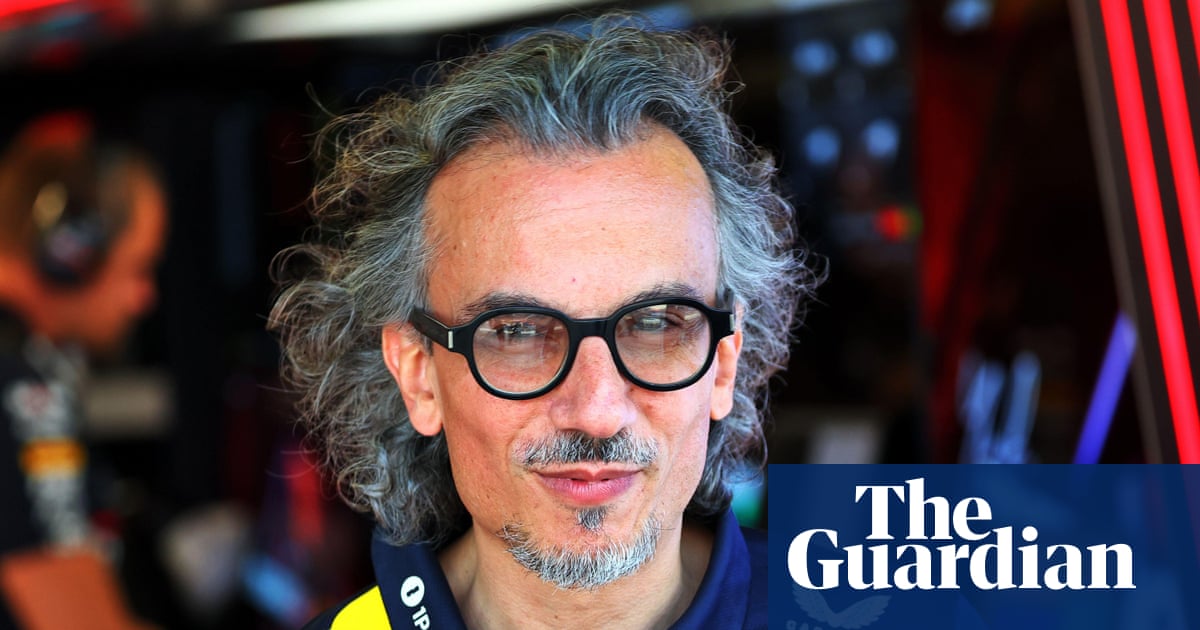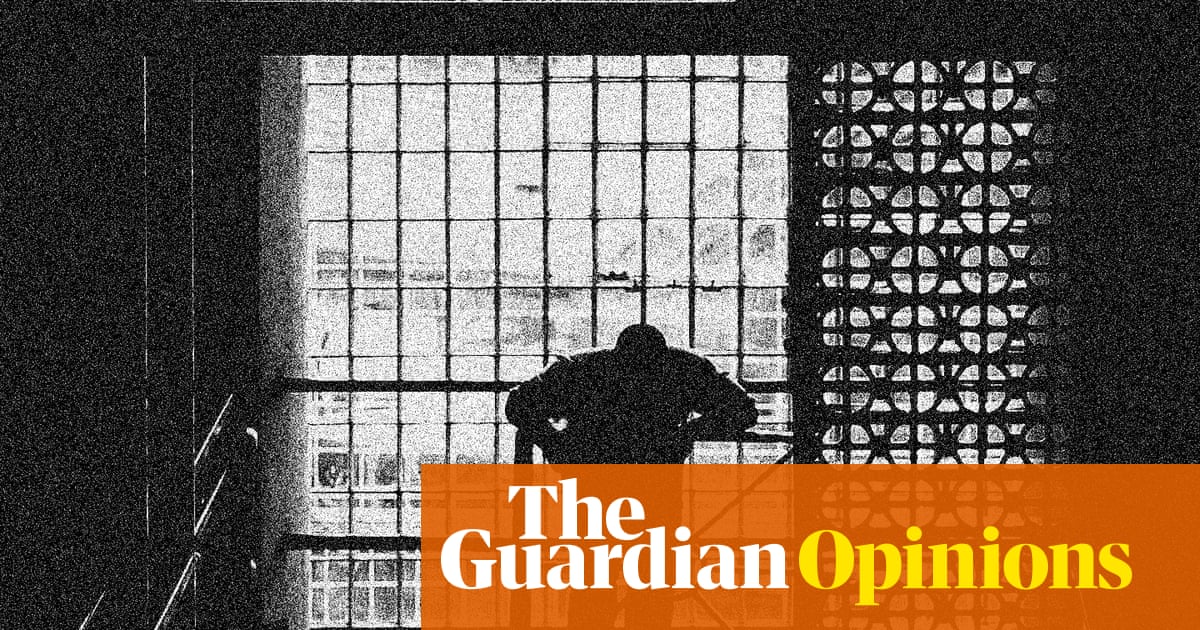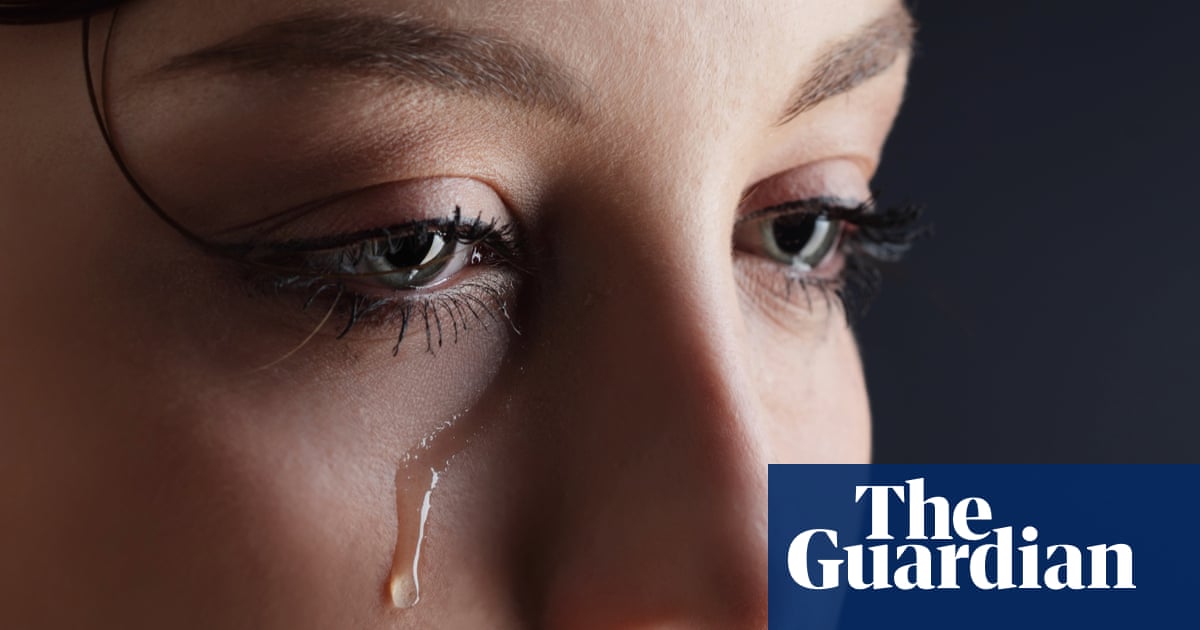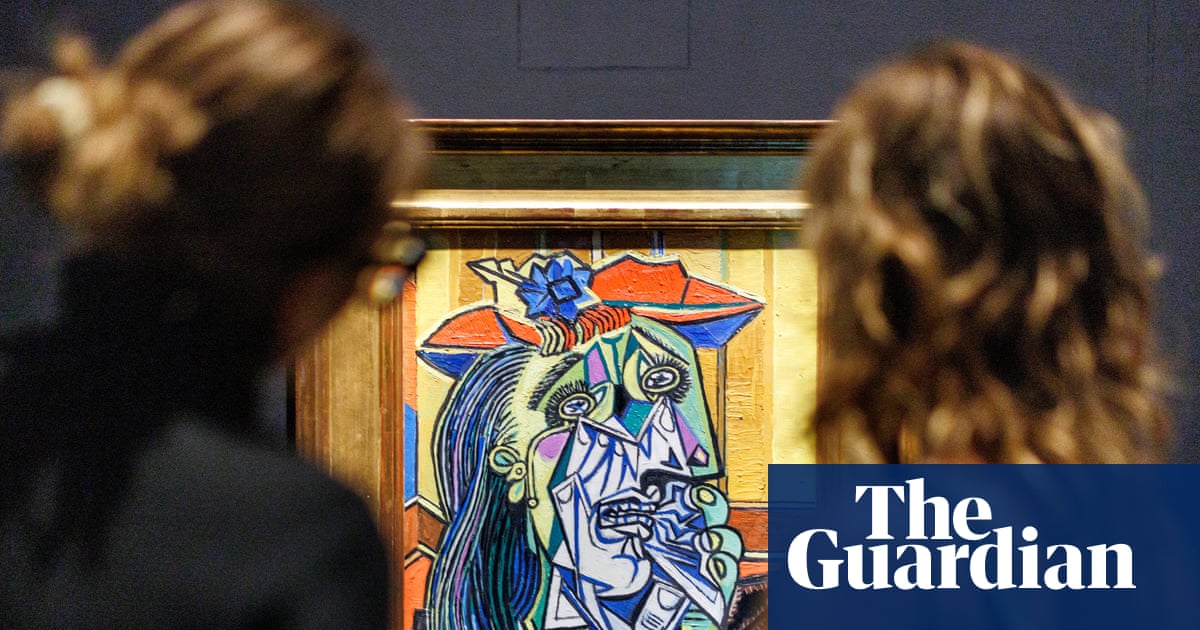The diagnosis around which Heston: My Life With Bipolar revolves is so recent that, when we meet him, the doctors are still adjusting his medication. It was only 18 months ago that police, firefighters and a man with a syringe arrived at his front door to have him sectioned at his wife’s request. “She had to do it,” he says. “Or I wouldn’t be here.” He woke up in what he would learn was a psychiatric hospital and stayed there for two months before returning home with his new medications as one of the 1.3 million people in the UK living with bipolar disorder.
Heston is Heston Blumenthal, of course, who made his name as the “molecular gastronomist” who invented snail porridge, bacon-and-egg ice-cream, sardine sorbet and a plethora of other extraordinary dishes that made him and his restaurant the Fat Duck in Bray famous, kickstarted a career as a TV presenter and turned him into a world-renowned brand.
The first third or so of the hour-long documentary chronicles him getting used to his diagnosis and wondering how much his hitherto-unsuspected condition – he thought attention-deficit hyperactivity disorder was the reason he “always had something bubbling in his mind”, as the Fat Duck’s head chef, Garrey Dawson, puts it – has shaped his life. It is a condition characterised by mood swings. “The lowest low is terrible and can include suicidality,” explains Dr Trudi Seneviratne of the Royal College of Psychiatrists, while the highs “are terribly high” and can encompass psychotic delusions. But can the element of mania also be responsible for someone’s artistry or creativity? And if so, can it be lost – must it be lost – in the pursuit of mental stability and safety?
Blumenthal remembers years of elation without depression: “Like a kid in a sweetshop … ideas rained down.” But from about 2020, the mood swings became more severe and he wrestled with the darker side of his condition. In the lead-up to being sectioned, he hallucinated a gun. “I was inquisitive,” he says. Now he wants to find an equilibrium and consolidate successes rather than seek more. “Can you sit with mediocrity?” says Dr Nick Prior, a psychiatrist with bipolar disorder. Blumenthal thinks he can.
He also wants to be “a consistent, loving husband and father”, which leads to a conversation with his son Jack, also a chef, that is one of the most dreadfully honest and painful things I have seen on TV in years. Pent-up emotions pour forth as Jack remembers “just wanting relaxing conversation with our dad and not being allowed to have one … You didn’t want to know anyone’s thoughts. We’d have to hype ourselves up to come and see you … It was horrible and it was constant and there was nothing I could do to help you.” “I’m so sorry,” says a horrified and tearful Blumenthal. “I know,” says Jack. They hug, but it is not the wholehearted catharsis we have been conditioned to expect. It is awful. You can only hope that both men had enough influence over the final cut that its presence doesn’t hurt them more.
From there we step into the wider world and a postcode lottery for care. In the UK, you cannot get a bipolar diagnosis from anyone but a psychiatrist. There are 22 such professionals for every 100,000 people in Scotland, 17 in Wales and 16 in south-west England.
The figures are indicative of the threadbare support that exists after diagnosis, too. Rebecca McLellan killed herself last year at 24, two years after her diagnosis, having begged for help that never came. Blumenthal meets her mother, Natalie, who shows him footage seemingly of Rebecca not being taken seriously at a crisis care unit. When she was later put on lithium, which requires careful supervision while it replaces previous medications, a further lack of help may have contributed to her death. “Certainly, her suffering could have been less,” says Natalie, who even in her grief is so careful with Blumenthal’s feelings and potential vulnerability that it fills you with awe.
This is a standard-format documentary, but with a layer of skin removed. It probably serves the cause well and you hope Blumenthal doesn’t regret it in times to come. It ends on a positive but realistic note. “It’s a process,” says his wife, Melanie, as they look to the future. “But a good one.”
Heston: My Life With Bipolar was on BBC Two and is available on BBC iPlayer

 3 months ago
112
3 months ago
112

















































